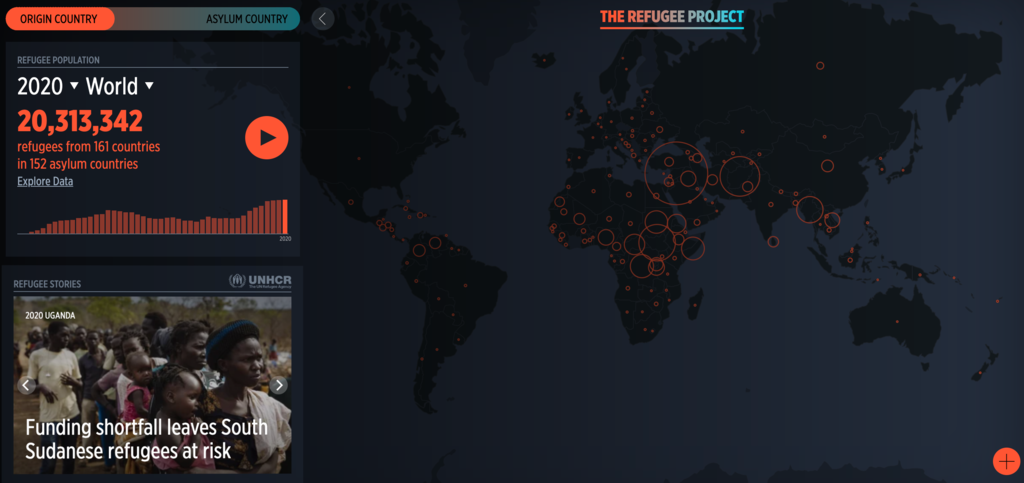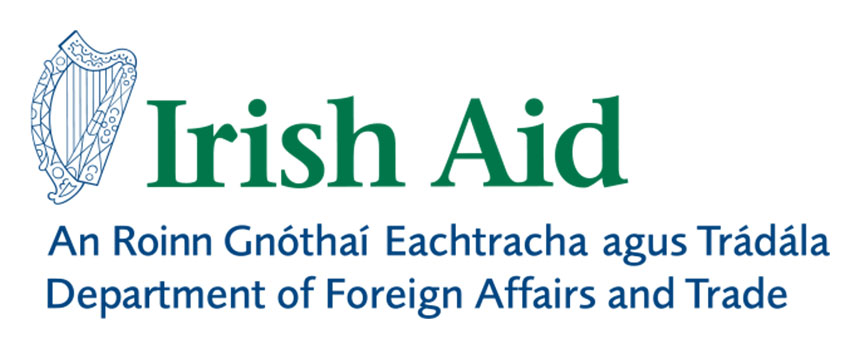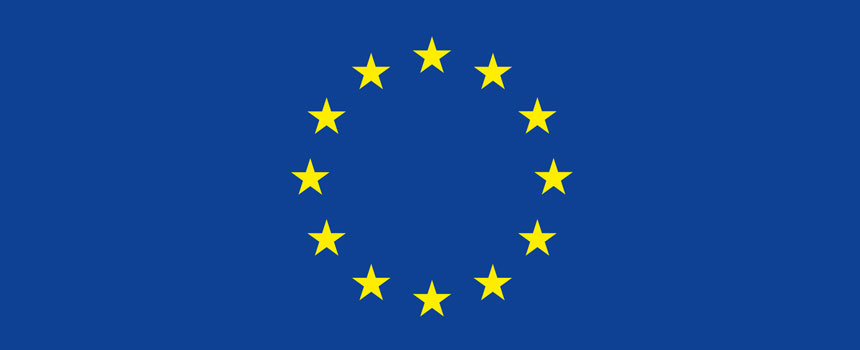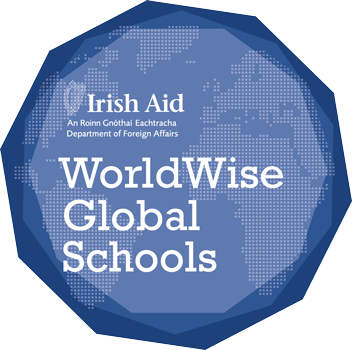Migration and Economics
Overview
Migration has always been a part of human history, and is relevant to a discussion of both historical and contemporary economics. Migration can be a very broad topic, and can lead on to other issues such as race and racism. Because this course is limited in how much it can cover in a short space of time, we will be looking at migration from two main perspectives: Firstly, we will be unpacking why people migrate and what different kinds of migration there might be, and secondly we will consider in what ways migration interacts with economic activity.
Learning Outcome
That participants will understand what migration is, what influences it, and will challenge common myths surrounding migration in the media and everyday discourse.
Table of Contents
- Resources
- 1. FAQ: What is the difference between a migrant and a refugee?
- 2. Infographic: Where do the World’s Refugees Flee?
- 3. Statement on Access to the Asylum Procedure
- 4. Video: ‘The Migrant Manifesto’ – Musa Okwonga
- 5. Video: ‘Mathematics’ – Hollie McNish
- 6. Article: The Refugees at Our Door
- 7. Article: ‘Why Al Jazeera will not say Mediterranean ‘migrants’
- 8. The Robert Mueller of Latin America
- 9. Ash Sarkar Debunks Anti-Migrant Myths
- Discussion Questions
- Learning Journal
- Extra Resources
Resources
1. FAQ: What is the difference between a migrant and a refugee?
A very simple explanation of the difference between a migrant and a refugee.
Read more
2. Infographic: Where do the World’s Refugees Flee?
The Refugee Project is a learning experience created to increase awareness about the plight of millions of people just like you around the world who have had no choice but to flee their homes. The Refugee Project was created by Hyperakt and Ekene Ijeoma. Special thanks to the UNHCR for providing access to over 50 years of refugee migration data, their complete digital archive of published refugee stories and original photography.

3. Statement on Access to the Asylum Procedure
This statement from MOvement of Asylum Seekers Ireland (MASI) in early 2022 addresses the long delays people seeking state protections in Ireland face in making applications.
4. Video: ‘The Migrant Manifesto’ – Musa Okwonga
'Dignity' according to The Migrant Manifesto, “has no nationality”. Read here by spoken-word artist and journalist Musa Okwonga, this poem is a passioned defence of those who have been forced to leave their countries of origin.
5. Video: ‘Mathematics’ – Hollie McNish
Spoken-word artist, Hollie McNish, performs her piece Mathematics, a poem on immigration based on her personal experiences and studies.
6. Article: The Refugees at Our Door
Here, the New York Times delves into what is known as “the silent refugee crisis” – the massive movement of people from violence-stricken Central America to Mexico and the United States. Often portrayed in the media and by politicians as purely seeking out greater economic opportunity, those who brave the treacherous journey northwards, and their reasons for doing so, are explored here in gripping detail.
Read more
7. Article: ‘Why Al Jazeera will not say Mediterranean ‘migrants’
This article takes the distinction between ‘migrant’ and ‘refugee’ further, and explores why media outlet Al Jazeera takes the ethical position not to refer to Mediterranean ‘migrants’.
8. The Robert Mueller of Latin America
Guatemala sends more migrants to the U.S. than anywhere in Central America. What is driving so many people to leave? Veteran radio journalist Maria Martin teams up with Reveal’s Anayansi Diaz-Cortes. Martin takes us to Huehuetenango, a province near Guatemala’s border with Mexico that sends more migrants to the U.S. than anywhere in Central America. There, she shows that Trump’s hard-line immigration policies did nothing to slow the movement of people from Guatemala to the southern border of the U.S.
9. Ash Sarkar Debunks Anti-Migrant Myths
While establishment media jumps at the chance to go on refugee safari in the Channel, Ash Sarkar debunks the myths behind anti-migrant sentiment.
Discussion Questions
- What is migration? What different kinds of migration are there?
- Did the infographics about displaced people surprise you in any way? How?
- Are Hollie McNish and Musa Okwonga both describing the same thing? What are the differences?
Learning Journal
- What have been the effects of emigration and migration on communities in Ireland, historically?
- Does migration effect the economy and inequality?
Extra Resources
| Farris, Sara | Neoliberalism, Migrant Women, and the Commodification of Care |
| World Bank | Opinion: Migration as a way to reduce global inequality |
| Public Narratives on Refugees: Sustaining Solidarity in Times of Crisis | How can immediate post-crisis solidarity be harnessed and made more sustainable, such that it can withstand emerging narratives of newcomers as threats to jobs and limited public services? How can feelings of goodwill be leveraged to spread to others rather than remaining narrowly focused on a particularly sympathetic population? This Migration Policy Institute webinar convenes international experts to consider what we know about public opinion and narratives on refugees and what this means for the Ukrainian crisis |


